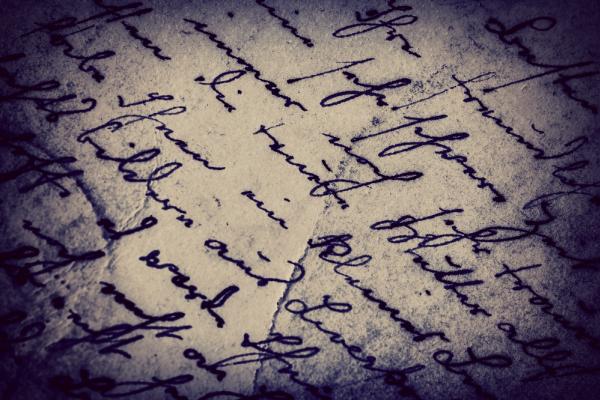MY GREAT-GRANDMOTHER, Elizabeth “Lizzie” Johnson, was born in 1890 in Camden, S.C., with a different last name from all the other people in her household. Three generations later, we have no idea where the name Johnson came from.
Lizzie grew up working plantation land owned by her grandmother, Lea Ballard. Lea received the land in the wake of the Civil War: We don’t know how or why, though one theory speculates that Lea, who was listed as a 42-year-old mulatto widow on the 1880 U.S. Census, may have been the daughter of her slave owner. He may have given the land to her after the Civil War. We don’t know. We only know that Lea owned it, that she had 17 children who worked that land, according to family lore, and that the city of Camden eventually stole the land from her by the power of eminent domain. This we know from records I hold in my possession.
Lizzie married a railroad man named Charles Jenkins. Lizzie and Charles had three children; Charles later died in a railroad accident. Lizzie had a choice: endure the brutality of the Jim Crow South alone with three kids, or move with the stream of black bodies migrating north. Lizzie migrated to Washington, D.C., and, eventually, to Philadelphia and took her lightest-skinned child with her.
Read the Full Article

